New Ideas for Dementia Care That Make a Difference
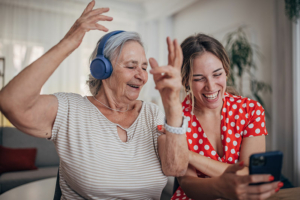
Caring for someone with dementia means always searching for new ideas for dementia care, like the ones we’ve provided here!
Taking care of a loved one with dementia is unlike any other responsibility you will tackle. It requires you to dig deep down into your reserves of patience, flexibility, and perhaps most importantly, creativity. You need to be prepared to pivot at a moment’s notice from one strategy to another to promote a fulfilling and enriching life for the person you love, all while dealing with the more challenging facets of the disorder. It requires you to always be on the lookout for new ideas for dementia care that will make life as fulfilling as possible for the person you love.
Our highly trained dementia care team is here to offer support with some innovative tips you can easily implement to make every day the best it can be for a loved one with dementia.
- Montessori methods: Adapt Montessori principles to create meaningful and engaging activities that stimulate cognitive function and promote independence.
- The hand-under-hand technique: When assisting with tasks, gently place your hand underneath the person’s hand to support them, promoting a feeling of control and dignity.
- Red tableware: Studies show that using red plates and cups may increase intake of food in people who have dementia by enhancing contrast and visibility of food.
- Light therapy: Exposure to sunlight or specialized light therapy devices can help regulate sleep patterns and improve mood in those with dementia.
- Tailored storytelling: Customize familiar stories to incorporate specifics from the individual’s past. For instance, if the person loved fishing at a certain lake, weave the name of the lake into a story you’re telling to spark memories and conversations.
- Biophilic design: Incorporate aspects of nature, such as plants or nature-inspired artwork, into the living environment to create a calming and familiar atmosphere.
- Reminiscence boxes: Create personalized boxes full of meaningful objects or photos from the individual’s past to spark memories and facilitate reminiscing.
- The magic of music: Music is a remarkably effective tool you’ll likely want to turn to over and over again. This can involve creating a playlist of the person’s favorite songs to sing and dance to together, playing instruments, attending concerts (in person or online), etc.
- Adaptive games: Adjust simple games like memory matching, puzzles, and bingo to accommodate cognitive changes. For instance, use larger, easy-to-handle pieces for puzzles or vibrant colored cards for bingo to improve visibility and ease of use.
- Customized workout routines: Incorporate gentle, guided exercises that match the person’s current physical abilities and help maintain mobility. Talk to the person’s doctor for recommendations.
- Soothing scents: Aromatherapy can work wonders in providing a relaxing effect to decrease anxiety and agitation. Try scents like lavender, peppermint, or vanilla.
- Virtual reality (VR): VR experiences tailored to the individual’s interests and abilities can offer immersive and therapeutic experiences, triggering memories and boosting mood.
- Sensory stimulation: Engage the senses with tactile activities like folding clothes or working in the garden, which can soothe and ground those with dementia.
Partner with our dementia care specialists for additional socialization opportunities, creative activities[JL4] specific to the person’s interests, and the chance for you to step away for some well-earned time to yourself. Serving Fort Lauderdale, Deerfield Beach, Plantation, and the surrounding areas in Broward County, you can reach us any time at 954-486-6440.

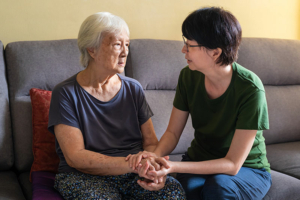
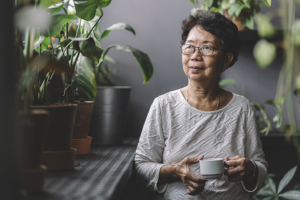
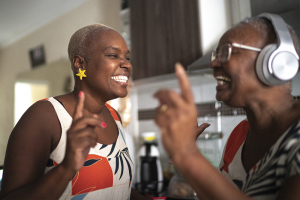


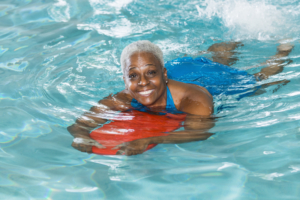

 Researchers are at long last starting to get a handle on why the
Researchers are at long last starting to get a handle on why the 